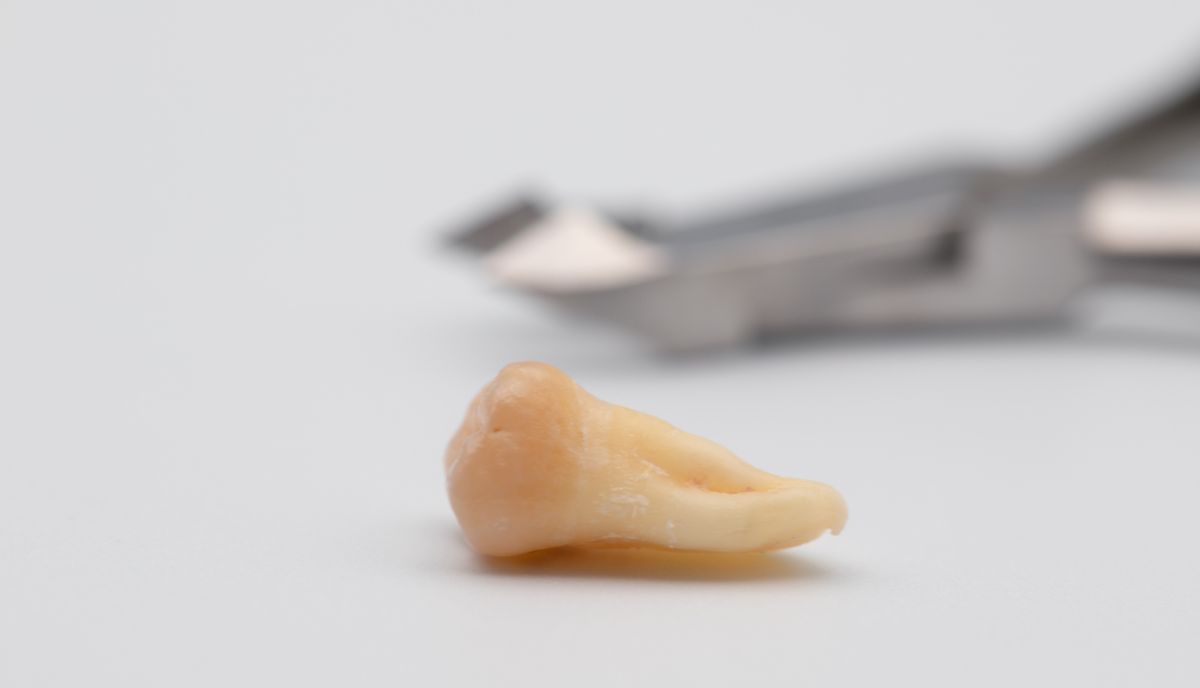
Wisdom teeth are the last teeth to develop and grow in the mouth and they start to appear between the ages of 17 and 25 years old. While many people are born with wisdom teeth, some may develop them as adults and this can cause a variety of problems including gum disease, impacted wisdom teeth and even tooth decay as well as pain and infection due to dental plaque build up around the wisdom teeth. When it comes to wisdom teeth removal, you will want to know whether it’s okay to blow your nose afterwards or whether you need to avoid blowing your nose after the procedure until you see your dentist.
After wisdom tooth removal, you may find that your nose is too sensitive to blow. This isn’t uncommon and it doesn’t mean that you have an infection or anything like that; it simply means that your body is healing from the trauma of the surgery, which was performed because your wisdom teeth were infected or impacted and needed to be removed. It usually takes about 2 weeks for the swelling in your face to go down, at which point you should be able to blow your nose again without experiencing pain or discomfort.
What are wisdom teeth?
Wisdom teeth are the third molars in the back of the mouth. They usually start to grow in around age 17 and they can cause problems if they don’t come out or get impacted. A common problem is that they can grow sideways and can push against other teeth causing pain, infection, or damage to other teeth.
The symptoms of a wisdom tooth coming in are: sore throat, headache, fever and swollen lymph nodes. If a person has these symptoms it’s important to see their dentist as soon as possible because these could be signs of an infection or even cancer. It might also be a sign that the wisdom tooth needs to come out. In some cases, wisdom teeth need to be extracted before they have time to fully develop. Sometimes this process is called wisdom teeth extraction.
The process for removing them includes numbing up the area with some local anesthesia so there isn’t any pain during surgery. There will also most likely be stitches afterwards and antibiotic ointment on top of that for healing purposes. It’ll take about four weeks until one will know whether or not their surgery was successful, but one should start feeling better in just two days!
Are wisdom teeth even necessary?
Wisdom teeth are often removed because they do not have enough room in the jaw to come in. They can cause dental issues and, if they are impacted, can even become infected or abscessed. In these cases, it is best to have them removed.
Many people believe that it is best not to blow your nose after having a tooth removed, but this is not always the case. After surgery for a wisdom tooth extraction, blowing one’s nose may be necessary for removing some of the blood clots that may form in the nasal passage from the surgery. The pressure and act of blowing will help move any clots that have formed and release any liquid from inside of a sinus cavity into the throat where it will then be swallowed instead of flowing back into the nostrils. Some dentists also recommend avoiding sucking on straws for about 24 hours following surgery as well. If a patient experiences bleeding after their procedure, make sure to contact their dentist immediately so that they can recommend the appropriate course of action.
Some patients might feel more soreness at first, especially if anesthesia was used during the procedure. It is important to take pain relieving medication as prescribed by a physician and get plenty of rest following the surgery so that recovery time will be quick!
What happens if I don’t remove my wisdom teeth?
Most people, who have their wisdom teeth removed, won’t need to worry about their ability to blow their nose. However, if the surgery is long and complicated, it may be necessary to keep a person sedated for longer than usual. This might lead to some nasal congestion and difficulty breathing through the mouth. In addition, if there are medical complications during surgery (e.g., too much bleeding), then one might not be able to breathe through the mouth for a period of time due to an intravenous tube that is placed in the mouth or throat (intubation). The most important thing to remember is to take care of any post-operative instructions given by the dentist. If these instructions say something about how often or when you should blow your nose, then follow those instructions carefully. One other factor that can influence the amount of time it takes to recover from wisdom tooth surgery is whether or not one has had anesthetic injections before the extraction procedure. It’s usually safe to assume that blowing one’s nose will be fine after a short recovery, but check with your dentist just in case!
Why should I remove them?
Having a tooth removed is a pain and it can be tough to recover from. Especially when they’re not coming out easily or they start to hurt and worry in the middle of the night. But one thing that’s important to know is that most dentists will tell you not to blow your nose until at least two weeks after surgery. One reason why is because there’s a risk of infection, but another reason is because this can cause bleeding and bruising inside the nasal cavity, which makes it more difficult for them to heal. So for now, just put those tissues in a safe place so you don’t have to go looking for them when things get worse! What about exercising?: You might be wondering if it’s ok to exercise soon after getting your wisdom teeth removed? The truth is, everyone has different needs and responses to the healing process. There are some people who do work-out shortly after their surgery with no problems, but if you think it might bother your wound or cause any other complications then talk with a doctor before starting anything new. The final word: Generally speaking though, if all goes well and everything heals up as expected -you should be able to resume regular activities 2-4 days after surgery.
Conclusion
Sinus pressure and congestion is common with any sinus infection. This is because the swelling from the infection forces the sinuses to become blocked, which in turn prevents air from passing through. Therefore, it can be difficult to breathe out of one’s nose while experiencing a sinus infection. However, while wisdom teeth don’t necessarily cause a sinus infection or congestion on their own (although they could), blowing your nose will only worsen things by pushing fluids and mucous into other areas of the respiratory tract. Read more for these type of blogs.








